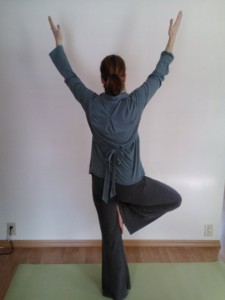- Find an emotional outlet. It is common to focus on the loss you feel at the end of a relationship. While you may be tempted to suppress these unpleasant feelings, doing so will prevent you from moving past them. Make an effort to confront your negative emotions by talking them out with supportive friends or a therapist. It is normal to want to isolate yourself, but relationships are important. The end of your marriage does not mean that you must go through life alone. Putting your thoughts and fears on paper can also help you articulate your feelings and gain some clarity about your past, present and future.
- Practice self-care. Stressful times require that you become more intentional about taking care of yourself. Eating nourishing, nutrient-rich foods will give your body the fuel it needs to maintain your energy levels. Regular exercise can lower your stress levels and provide a healthy distraction from your worries. Treating yourself to something you love, such as a round of golf or massage, can alleviate stress. Creating space for relaxation is essential also, whether it’s reading a good book, doing yoga or mediation, or taking a nap. Self-care is essential to the healing process.
- Feel gratitude. A breakup is painful and can make it difficult to look past your immediate feelings of pain and loss. Taking the time at the beginning and end of each day to recognize the many gifts you have been given can increase your sense of well-being. Try pausing at various times during the day to remind yourself, “I am grateful.” Some people find it helpful to keep a gratitude journal. Consciously choosing to be grateful on a regular basis can brighten your outlook on life.
Divorce is one of life’s most stressful events. In fact, research shows that ending a marriage is second only to the death of a spouse as a predictor of illness. So in order to stay healthy, it makes sense to incorporate stress-reduction techniques early and often throughout the process. Here are three suggestions:


